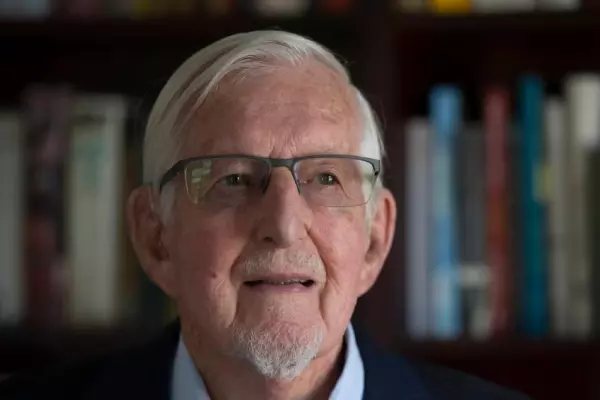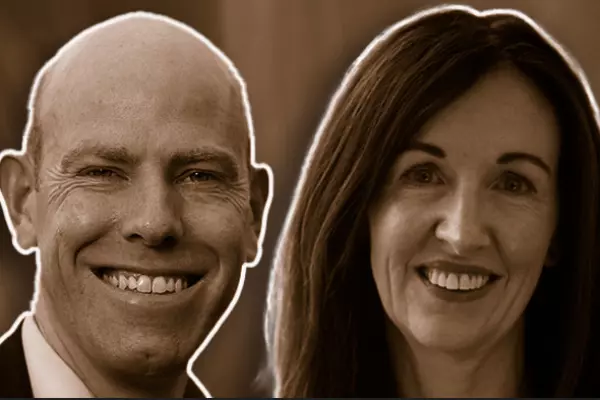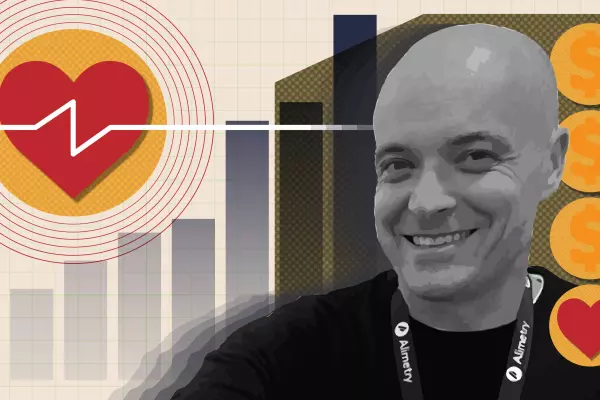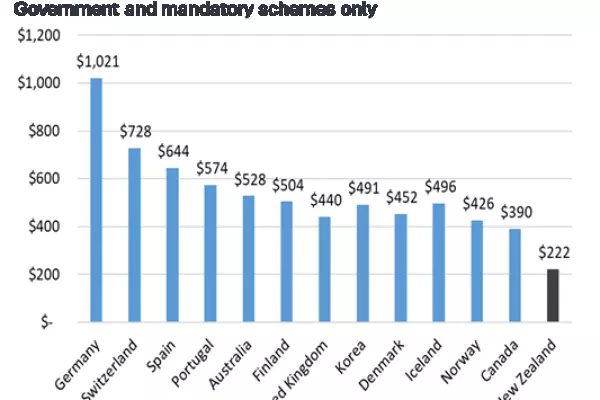When Auckland pharmacist Edi Jayetileke heard that Chemist Warehouse would open its first New Zealand store less than 500 metres from the door of the seven-days-a-week St Luke’s Medical Pharmacy she manages, she wasn’t too bothered.
She didn’t know too much in those days about the Aussie chain that was already disrupting the pharmacy business across the ditch. It was only when she learnt the new outlet would be offering free prescriptions and long opening hours that the worries crept in.
Fast-forward five years and covid, the Chemist Warehouse and other cut-price chains have changed the face of New Zealand pharmacies – and seen retail revenue at Jayetileke’s dispensary drop by 50%.
At the start, she said, she was trying to work out how Chemist Warehouse was going to be able to offer free medicines without incurring a loss. “I thought maybe it was only for a few weeks to get patients in.”
'Pretty gutted'
Now, she and other pharmacists are facing the unpleasant reality that the big players, including supermarket pharmacies whose overheads are covered, can use prescriptions as a loss leader – whereas the independents can’t.
“We were pretty gutted,” Jayetileke said. “We couldn’t afford to do free prescriptions, especially after hours when we have to pay wages and bills. For a small local pharmacy like ours, it’s very hard to compete against a big chain. We’d love to do free prescriptions, but it would probably lead to us closing down.”
Jayetileke said customers of smaller pharmacies shouldn’t feel as if they’re being ripped off, but rather that they are helping staff running an NZ-owned enterprise to make a living and provide for their families just like any other business – as well as helping the local economy.
“The pharmacy has suffered a huge loss in retail, but we had to take the hit. It’s ridiculous to match a price when it’s below cost to us. We just stick to our prices and offer discounts to our loyal customers. Doing stuff for free is an insult to our profession where we’ve done a five-year degree. If we do stuff for free, we can’t afford to pay our staff who’ve done the years of study.
Serving the community
Before Chemist Warehouse launched in NZ, Countdown and Unichem were the small pharmacies' competitors, “but it was healthy competition where we could still match prices and we never felt a financial pressure", Jayetileke said.
Instead of trying to compete, she said, she’s trying to focus on “the important stuff".
“We love serving the community and have many loyal customers who appreciate us and love supporting us. They appreciate having efficient staff who know their name and medical history. A lot of our patients have conditions such as diabetes, cancer, autoimmune diseases and mental health issues. For them, the fact they’re able to call us or chat to us face to face and we can have a long discussion about good care plans and health advice is a comfort.”
Some former customers who initially moved to Chemist Warehouse for the free scripts have now returned, citing long wait times and a lack of interaction with the staff pharmacists, Jayetileke said.
But many pharmaceutical company reps have stopped helping the smaller pharmacies to make more time for Chemist Warehouse. “A lot now can get their commission just from Chemist Warehouse so don’t bother with other pharmacies. It would be good to see the government help us and remove the huge difference in prices.”
Impact of covid
She said the government also could have stopped new operations opening near existing pharmacies. In Australia, new pharmacies can’t be opened within 1.5km of another.
Despite the warnings that Chemist Warehouse would kill off smaller pharmacies, Jayetileke said covid has had a bigger impact on the business.
The government stuck a covid testing station right in front of the St Luke's Medical Pharmacy, which had a bad impact on the business. It was also disappointing that covid-related prescriptions the government was funding for free for patients in isolation were being sent to Chemist Warehouse.”
She said if dispensing fees were scrapped altogether, or limits on free prescriptions were introduced, it would “even out the playing field”.















